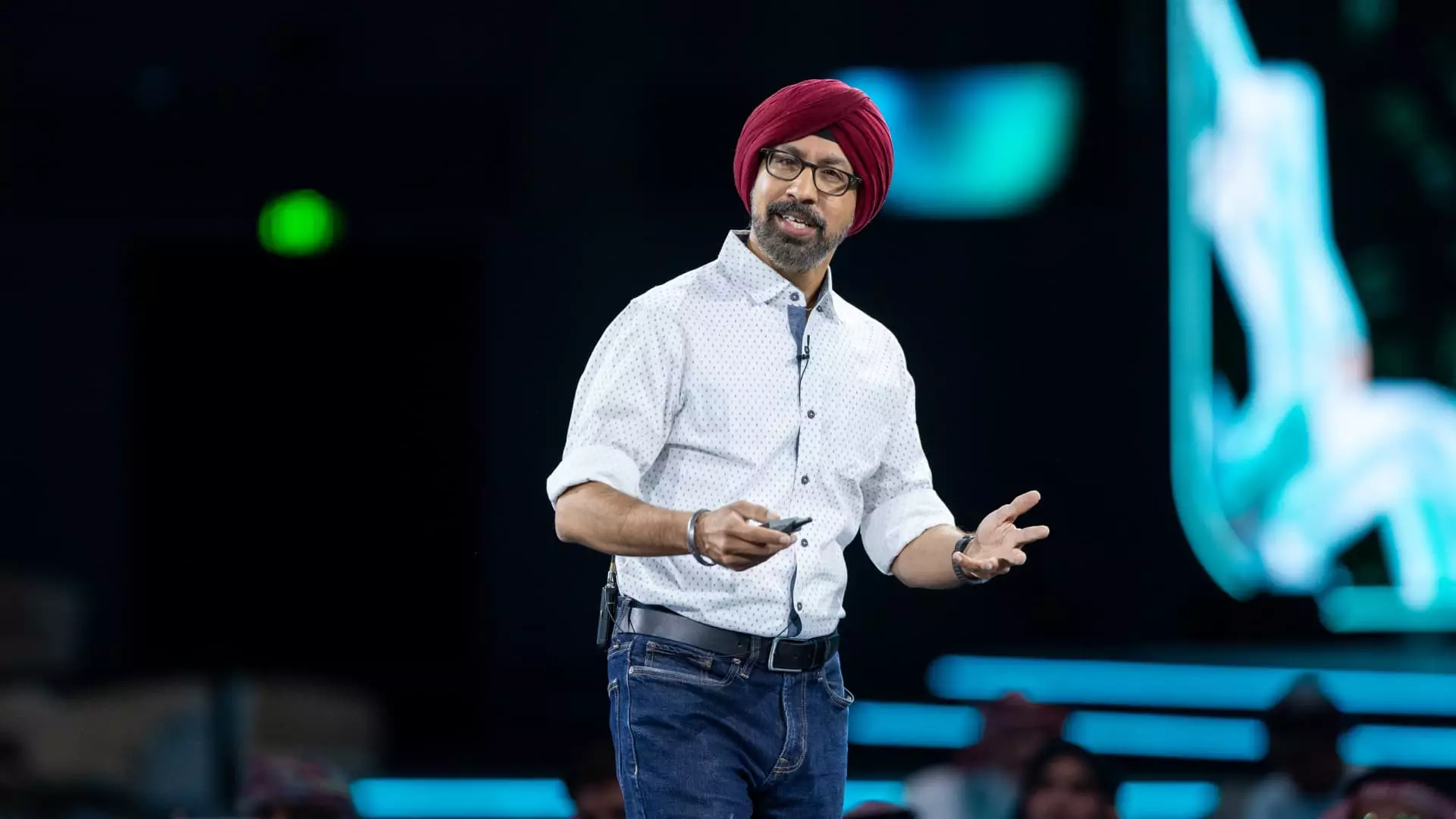In the rapidly advancing realm of healthcare technology, artificial intelligence (AI) startups are consistently pushing the envelope to improve efficiency and reduce the burdens placed on clinicians. One such startup, Suki, recently announced a collaboration with Google Cloud, a partnership aimed at broadening its core offerings beyond just clinical documentation. This partnership harnesses the power of Google Cloud’s Vertex AI platform, providing robust capabilities for developers to innovate with AI models and applications. Suki’s unique proposition lies not only in its ability to streamline documentation but also in its commitment to evolving into a comprehensive assistive technology for healthcare professionals.
At the heart of Suki’s innovation is its flagship product, the Suki Assistant. This AI-driven tool has garnered attention for its transformative ability to help physicians record patient interactions and convert these into meaningful clinical notes. By automating this process, Suki addresses a major pain point for many healthcare providers: the tedious nature of manual documentation. However, Suki’s vision transcends its initial functionality; the CEO and founder, Punit Soni, emphasizes that the goal was always to create an assistant that extends beyond documentation efficiency. According to Soni, “An assistant can help you with documentation, but it can also start doing other things,” highlighting the potential for a more extensive role in clinical care.
New Functionalities: Summary and Q&A Features
Through the integration with Google Cloud, Suki is set to roll out new features designed to enhance the user experience for clinicians. The patient summary feature allows healthcare providers to access crucial information about their patients in a streamlined manner. With just one click, doctors can view a patient’s age, chronic conditions, previous prescriptions, and key medical history. This level of accessibility could cut down significantly on the time clinicians spend searching for information, estimated at 15 to 30 minutes on each patient encounter. Such efficiency is not merely a convenience; it directly impacts the quality of care that patients receive.
Additionally, Suki is introducing a Q&A functionality, enabling clinicians to ask specific questions about a patient’s medical history through simple prompts. Queries like “What vaccines did the patient take?” or “Show me his A1C over the last three months as a graph” can be made easily. The implementation of such specific data retrieval capabilities marks a significant move towards truly interactive AI support for medical professionals, making the clinical workflow smoother and more intuitive.
The initial rollout of Suki’s new patient summarization tool is being made available to a select group of clinicians, with broader availability expected early next year. The same timeline applies to the Q&A feature, which aims to initially focus on individual patient data before expanding its scope. Importantly, Suki’s new offerings will be provided to existing customers at no additional cost, signifying the company’s commitment to value in a fiercely competitive healthcare technology market.
The rapid expansion of Suki’s client base, now encompassing 350 health systems and clinics across the U.S. and tripling in size just this year, showcases the growing demand for effective solutions that alleviate administrative burdens. As Soni noted, “This is actually a larger trend of the AI design, or AI-ification, of health care,” hinting at a pivotal shift in how healthcare organizations can leverage AI technologies to enhance workflow and reduce burnout among healthcare providers.
Navigating a Competitive Landscape
As the healthcare industry grapples with significant challenges, particularly in combating clinician burnout driven by overwhelming administrative tasks, Suki’s innovations position it uniquely within this competitive landscape. By focusing on combining AI with practical tools that support clinicians, Suki aims not only to improve operational efficiency but also to ultimately enhance patient care.
Suki’s strategic partnership with Google Cloud signifies a crucial step toward the evolution of AI applications in healthcare. By expanding its functionalities and integrating advanced technologies, Suki is poised to lead the charge in transforming how medical professionals manage information, setting a new standard for the intersection of healthcare and artificial intelligence.

